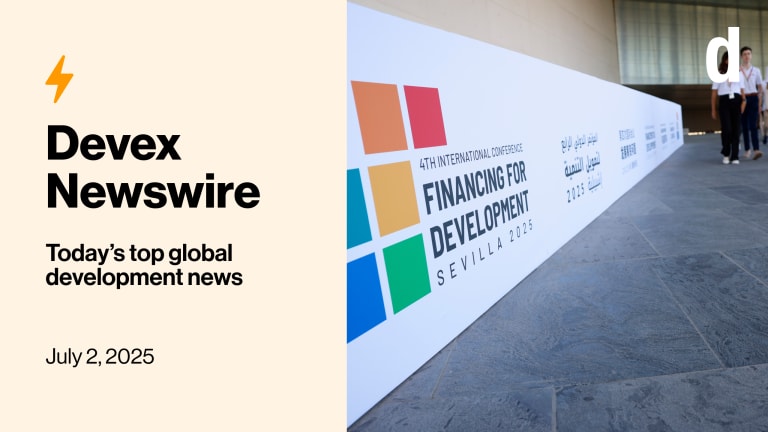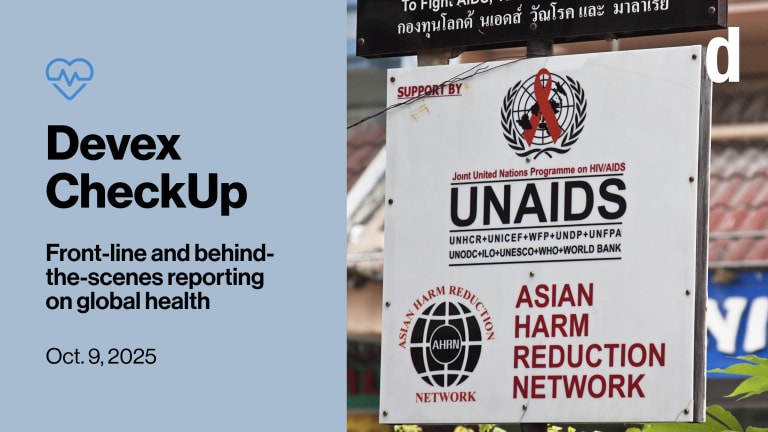
Donors have been ramping up aid to fragile states, raising fears about funds falling into corrupt hands.
A global corruption survey released this week by Transparency International measures how the public perceive corruption in their own countries. The nongovernmental organization asked 114,000 people in 107 countries which institutions do they think are most corrupt.
In Afghanistan, where corruption is a huge concern among donors, 60 percent of respondents think the judiciary is the most corrupt. The next two are public officials and civil servants (43 percent), and parliament (40 percent).
The country tops the list of fragile states receiving huge amounts of foreign assistance. In 2010, Afghanistan got close to $6.5 billion in net ODA, making the Organization for Economic Cooperation and Development call it among the so-called “donor darlings” in its report ”Fragile States 2013: Resource flows and trends in a shifting world.”
OECD, however, predicts country-programmable aid, which it defines as a subset of ODA excluding items such as debt relief, humanitarian aid and administrative costs, in the case of Afghanistan is expected to decrease in the next few years.
Other “donor darlings” were Ethiopia, the Democratic Republic of Congo, Pakistan, Haiti, Tanzania, the West Bank and Gaza, Iraq, Sudan and Nigeria.
NGOs among most corrupt institutions in Sudan
The report also discussed the role of NGOs, included in a list of the 12 institutions surveyed by Transparency International: While they are generally not perceived as the most corrupt, in some fragile states their reputation has been tarnished.
For instance, in Sudan, 79 percent of respondents view NGOs and religious bodies as the most corrupt institutions, and this is the only country where NGOs scored 4 in a scale of 1 to 5, with 5 being “extremely corrupt.”
But is it NGOs in particular or public institutions in general?
“Sudan is undergoing increased political and military strife with South Sudan’s secession two years ago this week. The cyclical violence of civil war uprooting millions of people and poor governance mechanism contribute to the perception that humanitarian organisations and NGOs working on the ground are ineffective,” Transparency International spokesman Farid Farid told Devex.
Farid explained that with the national poverty rate at around 47 percent and Sudan falling behind on achieving the Millenium Development Goals, “the disaffected mood that respondents also feel regarding other institutions that score within the same range highlights the lack of trust in institutions in general.”
Read more development aid news online, and subscribe to The Development Newswire to receive top international development headlines from the world’s leading donors, news sources and opinion leaders — emailed to you FREE every business day.








